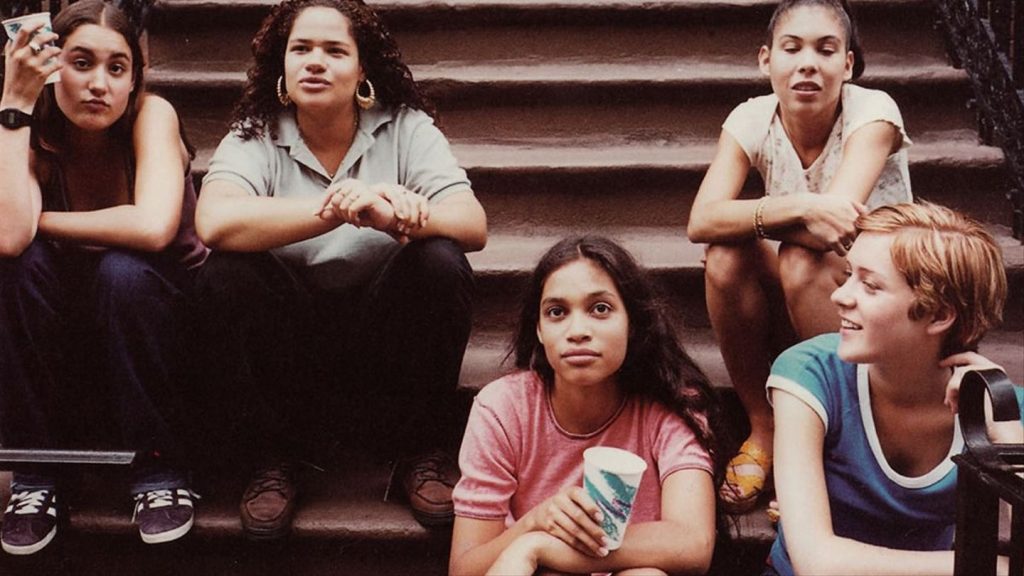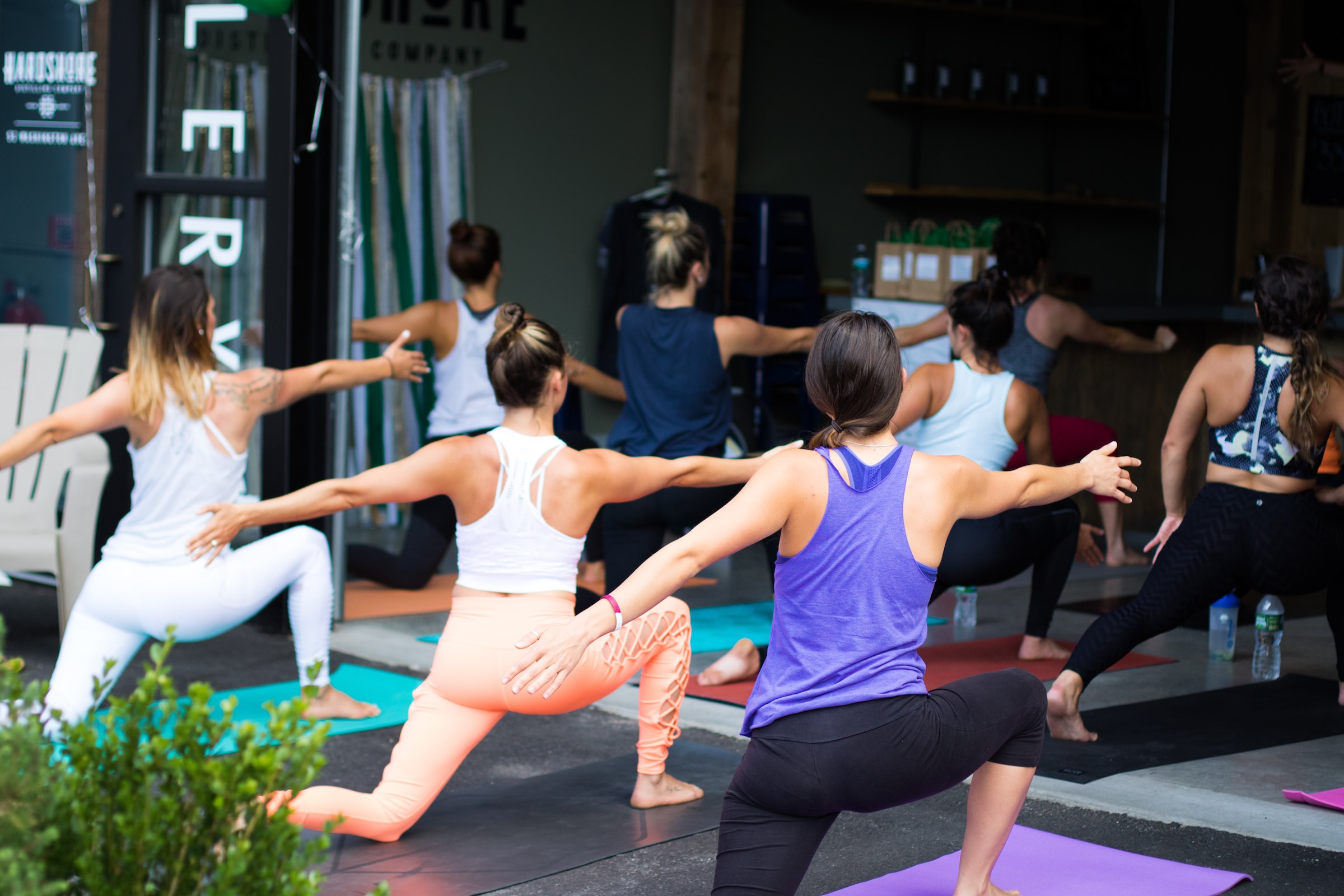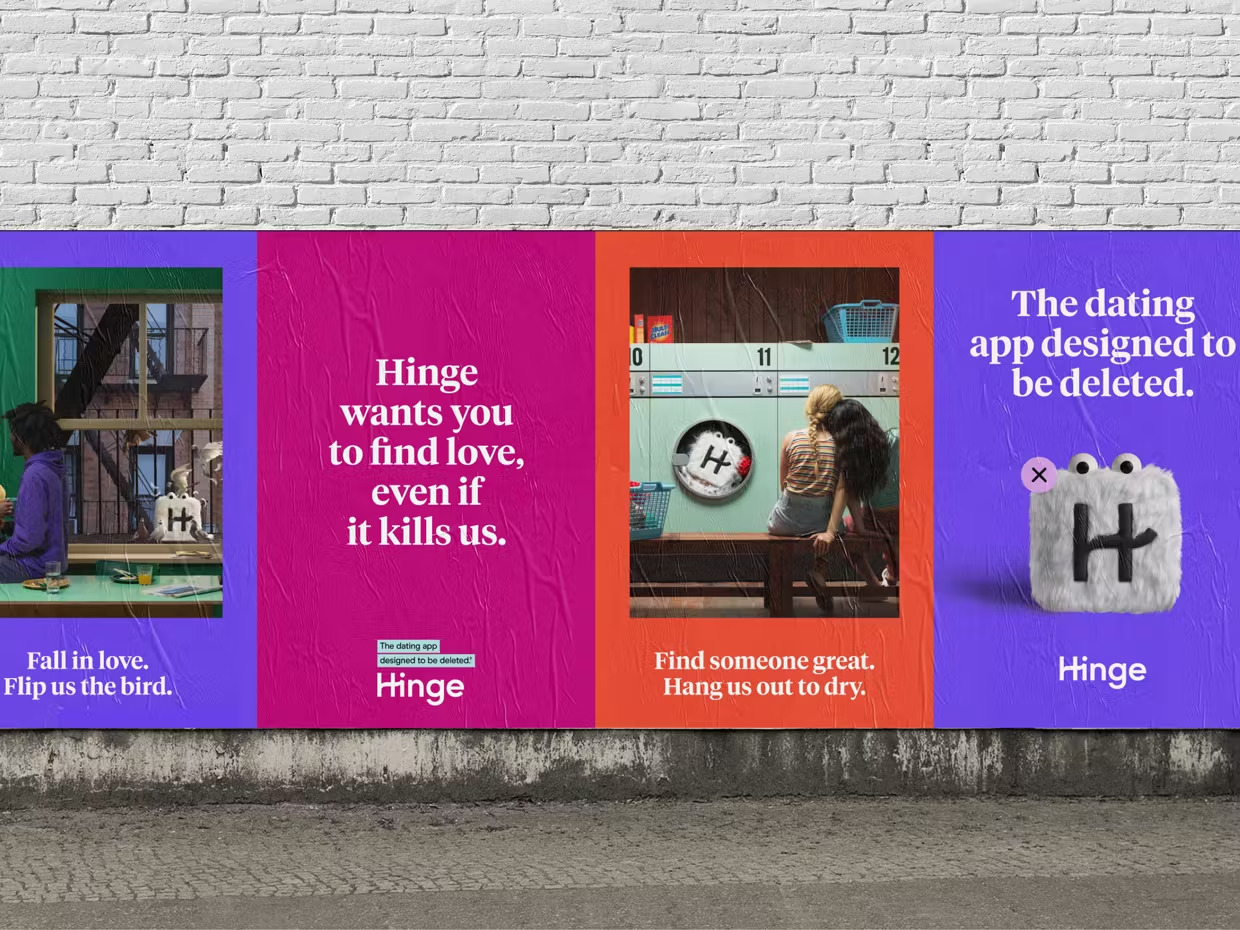The complexities of the English language often lie in its bizarre idioms. Without context, certain phrases can verge on the absurd. Why exactly do we say making a pigs ear out of something again?
When it comes to our innocuous social interactions we persist in using such vague expressions. From chilling out, hanging with or bumping into, we don’t seem to want to be specific about our leisure time. I wonder if this speaks to an innate sense of awkwardness in formalising the way we interact with people. Or maybe we want our language to reflect the informal nature of such social situations? That being said, I “consorted” with my friend last weekend does have a nice ring to it…

(Image Credits – Kids, Larry Clark, 1995)
Whatever your linguistic preferences, there’s a growing sentiment that we are losing our cherished casual interactions with one another. In an age of the virtual calendar and productivity influencers (see Molly Mae’s 24-hour day), we seem to be increasingly fixated on the output of our time. When we’re not working in a traditional sense, we’re working on ourselves, trying to squeeze every last granule out of the 1,440 minutes afforded to us each day.
Earlier this year for example, “wellbeing influencers” on TikTok began pedalling the ‘5 to 9 before my 9 to 5’; the idea being that you should use the four hours before you open your laptop to meditate, exercise and prepare yourself to be the best possible version of yourself.
In a society where productivity and discipline reign supreme, where does that leave our friends ‘Bumping into’ and ‘Hanging Out?’ Is it still ok to just meet someone in the park, or should we be doing a spin class or a beginner’s pottery session together?

Maybe recent developments in technology post-pandemic go some way to answering these questions, with the rise of online communities and video calling. There’s a growing tendency to substitute physical interaction for a technological equivalent, as catch-up coffees become facetimes, cinema nights migrate to the sofa and not to mention that 86% of companies now conduct job interviews online. So when we do finally go out into the real world we want that time to really work for us. Whatever that’s supposed to mean.
As more and more people opt for the convenience of technology, there is a risk that we lose the emotional and physical benefits of face-to-face interaction. The statistics tend to support this: according to the Campaign to End Loneliness, incidences of chronic loneliness rose to 3.3 million people in Britain, of which 1 million 16-29 year olds describe themselves as chronically lonely.
Evidently the root cause of our loneliness epidemic extends beyond our use of technology. So, perhaps the way we plan our towns and cities has a role to play in this too. The term Third Places was first coined in 1982 by Ray Oldenburg and Dennis Brissett to describe places (such as libraries, parks and cafes) that are neither home nor work, but instead places to hang out, bump into strangers and frankly chill.
Third Places offer more than just a welcome respite from the stress of professional and domestic responsibilities. Historically, coffeehouses became popular in Europe in the 16th and 17th Centuries as places for intellectuals to exchange ideas and discuss the events of the day. Whilst our local coffee shops today may not be a hotbed of subversive political thought, next time you’re catching up with a friend, think about the nature of the conversation you’re having in comparison to the conversations you have in the home or the workplace. And whether just the physical act of being outside those two spheres has the subtle feeling of mental emancipation.

The very act of going outside and interacting with people, even if just transactional, offers a degree of low-risk randomness that wouldn’t have otherwise been experienced within the safety of the home.
“If you want to build a community you need places to bump into other people” Jim Diers
Recent trends in placemaking suggest that more and more planners are taking into consideration the benefit of bumping into one another. I hesitate to mention the term for fear of being attacked by a curious breed of libertarian, but the recent focus on “15-minute cities” suggests town and city planners are seeing the merits in vibrant, connected and well-rounded local areas. The benefits of the 15-minute city are felt across the board; from cleaner air (as more people begin to cycle and walk), to increased demand for local, independent businesses (as more people remain within their areas) and of course more bumping into each other!
Last year, we wrote a piece on our affinity with the dating app Hinge and it’s clever but powerful tagline Designed to be Deleted. Apart from being a fantastic piece of copy, the slogan speaks to an aspiration we share at Loqiva, namely that technology should be able facilitate getting you off your phone and into the real world. Or “Heads-up tech” as Alex Ciarniello aptly names it. Whether it be having a dating app that actually gets you off your sofa and onto a first date. Or, in our case, a local town app that reminds you how great your community is.

The benefits of just bumping into, hanging out or chatting with local people in local communities isn’t something that should be taken for granted. For the most part, we’re social creatures and thus the technology we build as a society should be fostering that instinct rather than pushing us apart.
Now who’s for a coffee?